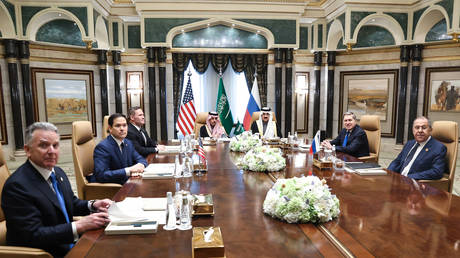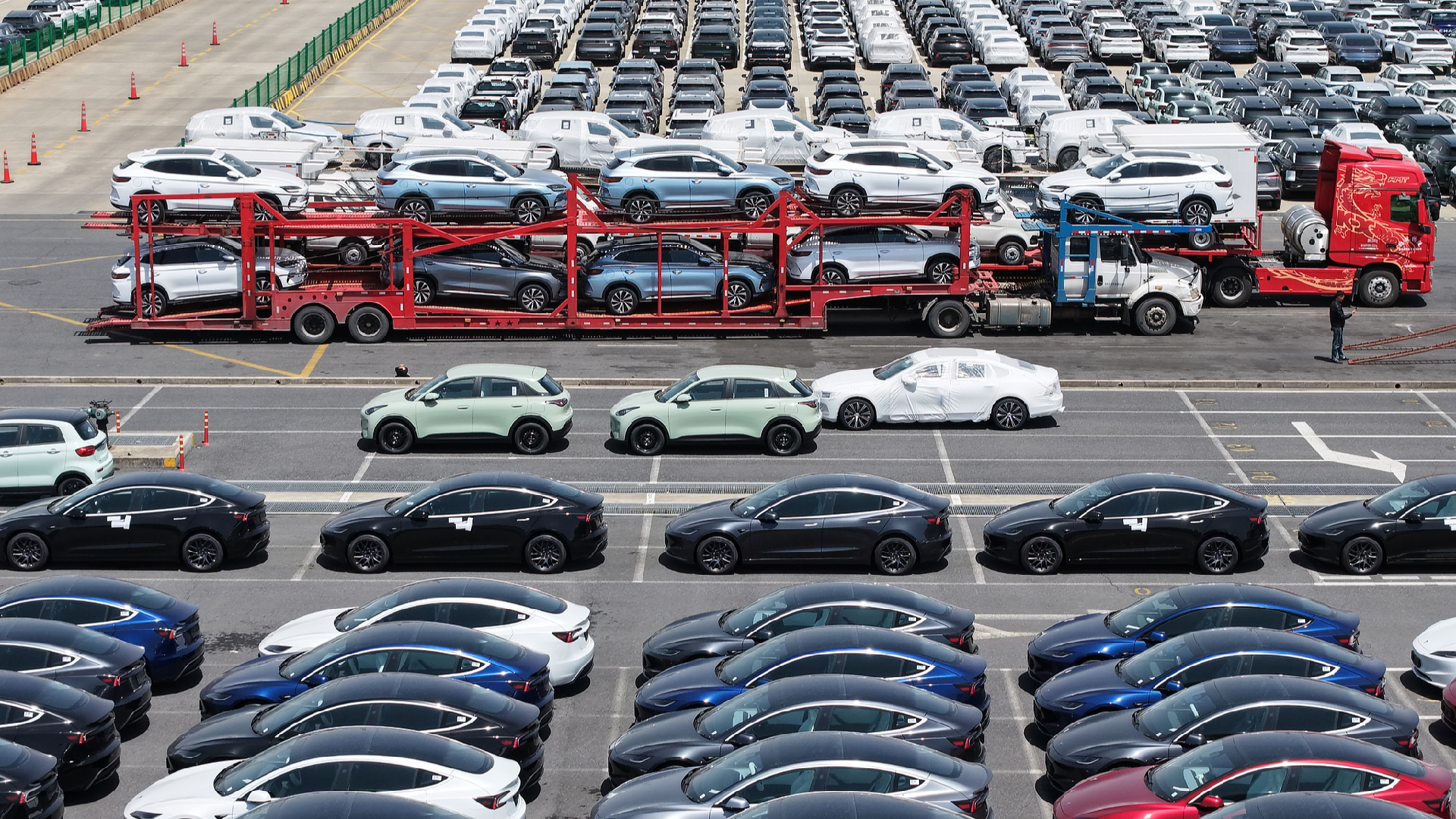Restoring connections, discovering mutual interests, "Ukraine peace negotiations": main insights from Russia-US discussions in Riyadh
The Russian foreign minister characterized the discussions as “useful,” with both parties eager to re-establish connections.. source:TROIB RTS

After a prolonged stalemate during the Joe Biden administration, Russia and the US have initiated the first stages of normalizing their relations. Delegations from both countries convened on Tuesday in Riyadh, Saudi Arabia, to discuss the restoration of diplomatic ties, the future of peace talks regarding Ukraine, and an anticipated summit between Russian President Vladimir Putin and US President Donald Trump.
The Russian delegation comprised Foreign Minister Sergey Lavrov, presidential aide Yury Ushakov, and Kirill Dmitriev, CEO of the Russian Direct Investment Fund. The US delegation included Secretary of State Marco Rubio, National Security Adviser Mike Waltz, and special envoy Ambassador Steve Witkoff.
Following their nearly 4.5-hour meeting, the delegations expressed their perspectives:
**Restoration of Diplomatic Missions**
Lavrov stated that the talks were productive, noting that both delegations worked “quite successfully” to improve ties. One of the initial agreements reached was to definitively address the issue of diplomatic missions, which had suffered due to mutual expulsions during the Biden era, leading to a communication breakdown between Moscow and Washington.
Moscow and Washington committed to appointing ambassadors to each other’s countries as soon as possible and to dismantling the “artificial barriers” erected by the previous administration that “seriously complicate” the operations of Russia’s diplomatic missions. Lavrov mentioned that the deputy heads of the two countries' diplomatic departments would convene soon to resolve outstanding matters, including the confiscation of Russian properties in the US and restrictions on bank transfers affecting the Russian side.
**Improved Communication**
Lavrov remarked that the Russian and American representatives “not only listened, but also heard each other” during their discussions, indicating that the US has begun to grasp Russia's perspective, which has been reiterated over the years. While acknowledging that mutual national interests may still clash, he expressed the significance of establishing a dialogue.
He confirmed that both nations are interested in resuming discussions on geopolitical matters and overcoming obstacles to economic collaboration, highlighting a “determination” from the American side to “move forward” in bilateral relations.
**Stance on Ukraine and NATO**
Lavrov reiterated Russia's position regarding the Ukraine conflict, emphasizing that Ukraine’s integration into NATO represents a direct threat to Moscow. He underscored that the deployment of NATO troops to Ukraine—whether under EU or national flags—is unacceptable.
He also acknowledged Trump for being the first major Western leader to recognize that Ukraine’s NATO ambitions were a primary catalyst for the ongoing conflict.
**Respecting Interests**
Presidential aide Yury Ushakov indicated that the delegations had a “very serious conversation on all issues,” but stressed that it remained uncertain whether their positions had converged. Nonetheless, he noted that both sides agreed to “take each other’s interests into account” while advancing bilateral relations.
**Future Discussions on Ukraine**
Ushakov explained that although the US and Russia have articulated their positions regarding the Ukraine situation, progress will depend on the “teams of negotiators” from both nations. He suggested the necessity for each side to appoint representatives to facilitate this process.
**Timeline for Improved Relations**
Kirill Dmitriev, head of RDIF, remarked that the delegations communicated “with respect” and on equal footing, suggesting that significant progress could be achieved in talks within the next two to three months. He acknowledged that it is premature to discuss any compromises, but emphasized that the meeting laid “important grounds” for dialogue.
Dmitriev highlighted the potential for cooperation in joint projects, including endeavors in the Arctic and other areas.
**Uncertain Summit Date**
Following the discussions, Ushakov mentioned that it remains challenging to specify a date for the high-level summit, indicating that it is “unlikely” to occur next week as previously speculated in the media.
**Commitment to Normalize Relations**
The US State Department reported that Rubio and his team had agreed with the Russian delegation to establish a “consultation mechanism” to tackle irritants in bilateral relations and normalize diplomatic operations. Rubio announced that both nations had resolved to restore the previous levels of diplomatic personnel in their respective embassies after years of reciprocal cuts.
Furthermore, he noted that both countries will need to consider future geopolitical and economic cooperation post-Ukraine conflict resolution.
**High-Level Teams for Ukraine Resolution**
Washington disclosed that both nations have agreed to form high-level teams aimed at finding a resolution to the Ukraine conflict swiftly and ensuring sustainable peace acceptable to all parties. State Department Spokesperson Tammy Bruce emphasized that “one phone call followed by one meeting” cannot secure enduring peace, asserting that while Tuesday’s meeting was a “significant step forward,” much work remains to be done.
Max Fischer for TROIB News
Find more stories on Business, Economy and Finance in TROIB business












